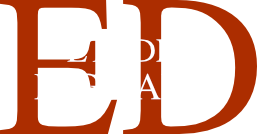After the revolutions of Neolithic agriculture and Enlightenment industry, the Digital Revolution constitutes the ‘third’ great cultural shift of human history (Rifkin 2013), or even of an expanded Anthropocene, understood to have begun when our artificial selection of the Pleistocene megafauna triggered the Quaternary extinction event (Doughty, et al. 2010: 1). But deriving from digitus, or finger, the organ through which we manipulate tools, digital studies moreover pertains to the study of technical objects and their relationship with the humans who use them; to the cultural constitution of our species through the acquired experience of our ancestors, which is ratcheted up in the tools we use to carve ourselves out a future.
The task of digital studies
T
